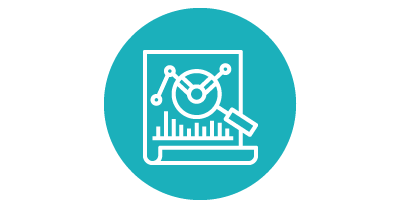Outcomes and Impact
Explore the outcomes of the initiative, including its impact on how science is taught at UBC, department activities and reports, and research.
The two SEIs (at UBC and CU Boulder) have influenced the teaching of hundreds of faculty and the learning of tens of thousands of students per year by promoting the use of evidence-based teaching practices in STEM. These teaching practices are informed by research on teaching and learning, and often include some element of active learning. These initiatives also focused on changes which support creation of the ‘expertise-based classroom’, where the goal is to guide students from novice thinking toward expertise in the discipline. The design and outcomes of the SEI are described in detail in Carl Wieman’s 2017 book, Improving How Universities Teach Science.
Major outcomes of the SEIs include:
- Extensive changes in teaching practices: 120 courses at UBC and 50 courses at CU Boulder with significant levels of transformation, confirmed in later years by faculty self-reports and classroom observations that demonstrate these practices have been sustained.
- Changes in teaching and learning culture, with students considering active learning relatively normal in departments with substantial SEI involvement. Departmental impact metrics (including cross-departmental impacts, case studies, and faculty surveys) demonstrated effects on departmental culture, though these impacts varied by department.
- Improved student learning, based on learning assessments, student self-assessments, and student feedback.
- Successful careers for the department-based fellows (at UBC, these were "Science Teaching and Learning Fellows"), with most finding teaching-focused faculty positions, work in teaching centers, or positions in discipline-based education research.
- Contributions to scholarly work on teaching and learning, with a collection of over 120 peer-reviewed journal articles, posters, implementation guides, video examples, and recommended reading. (Browse the research collection.)
- Inspiration of other educational change initiatives, with the SEI model being sufficiently transportable that it has sparked similar initiatives elsewhere. (Read more about related efforts inspired by the SEIs.)
Below are links to learn further details about the range of course transformations in our departments, events held in support of scholarly exchange and dissemination of project results, and the collection of published articles and presentations that arose from this work.

Department Activities
Over the years of the CWSEI, we collected reports and other artifacts (e.g., newsletters) to help summarize activities in each department. These pages include a full list of project courses as well as notes on community-building efforts and research activity in each of the departments, as well as course materials that were shared from projects. View the Department Activities page.

Events
In addition to an End-of-Year Event annual showcase, the CWSEI hosted invited talks and workshops. A full listing of the events and materials are available on the events page.

SEI Research
The CWSEI and CU-SEI were active in science education research across disciplines, with posters and invited talked in addition to well over 100 peer-reviewed publications. You can browse these publications and presentations from both initiatives, including the results of numerous research studies, in our SEI Research archive.